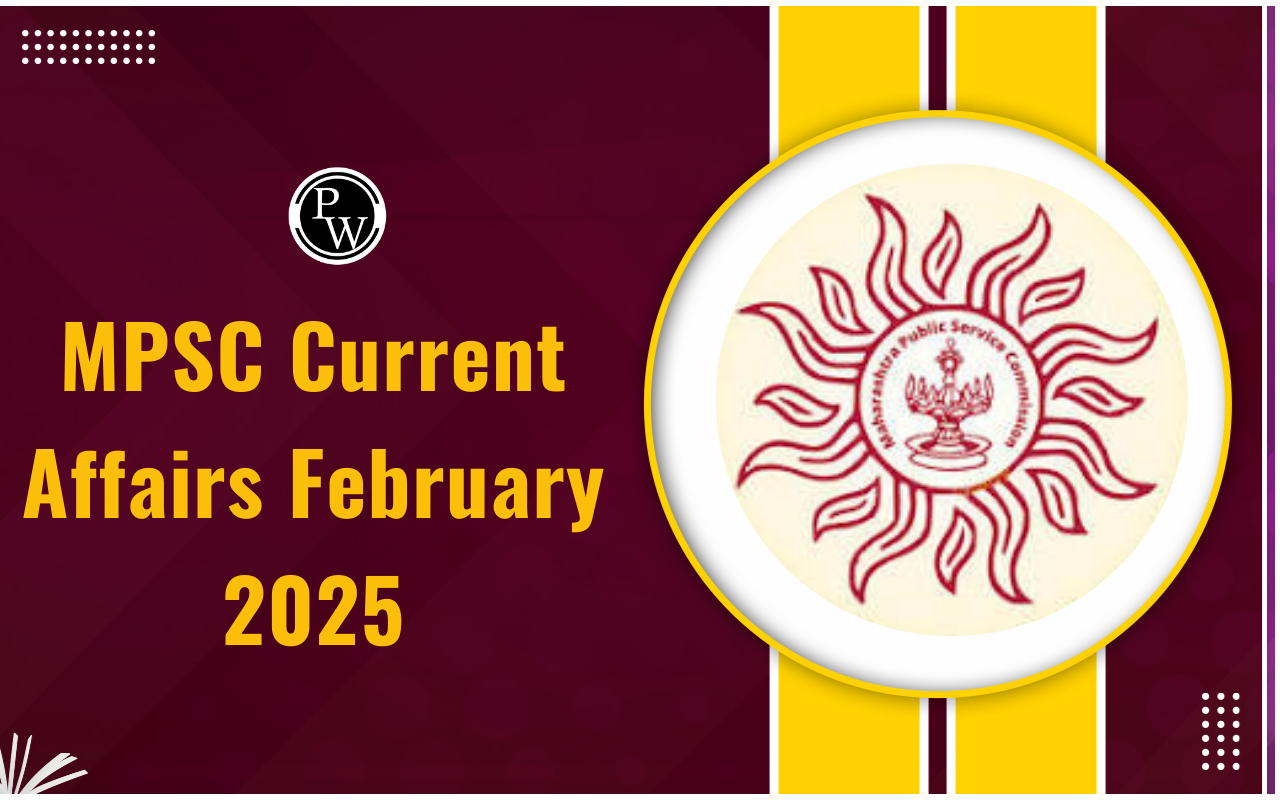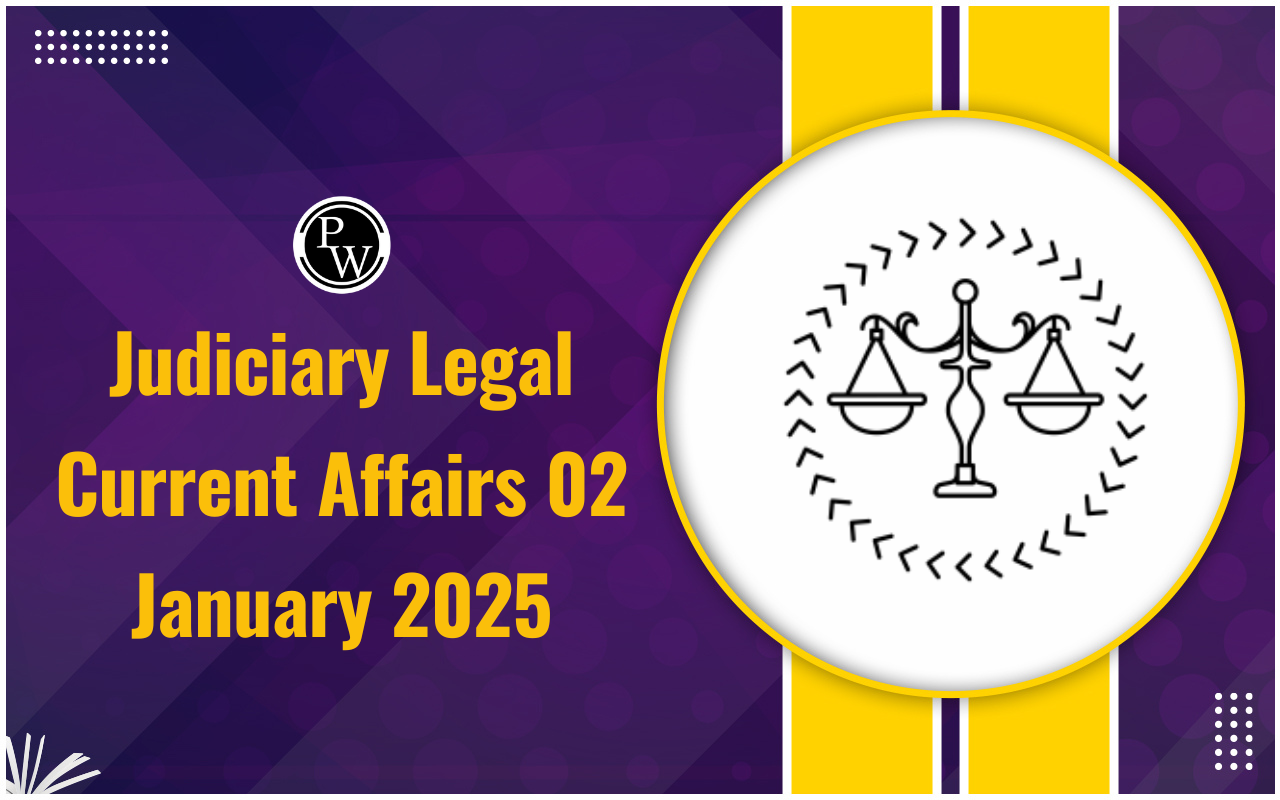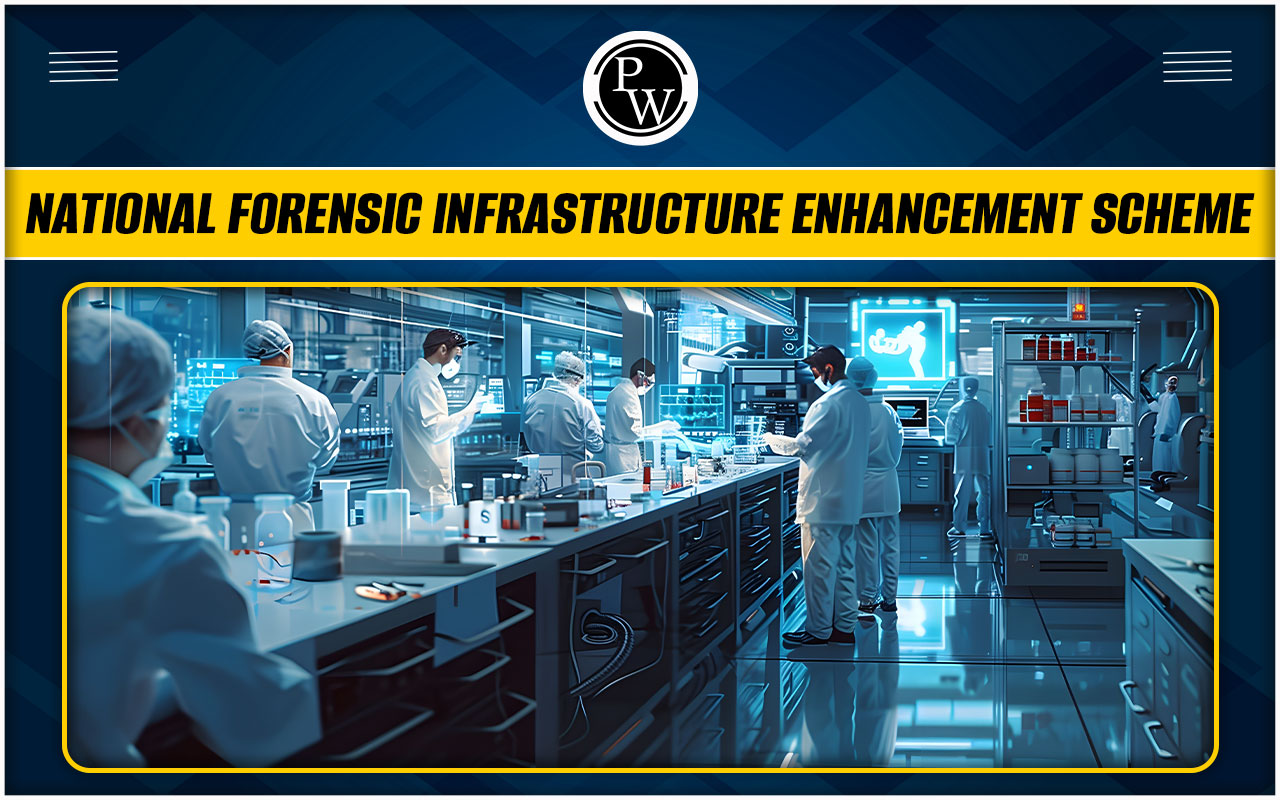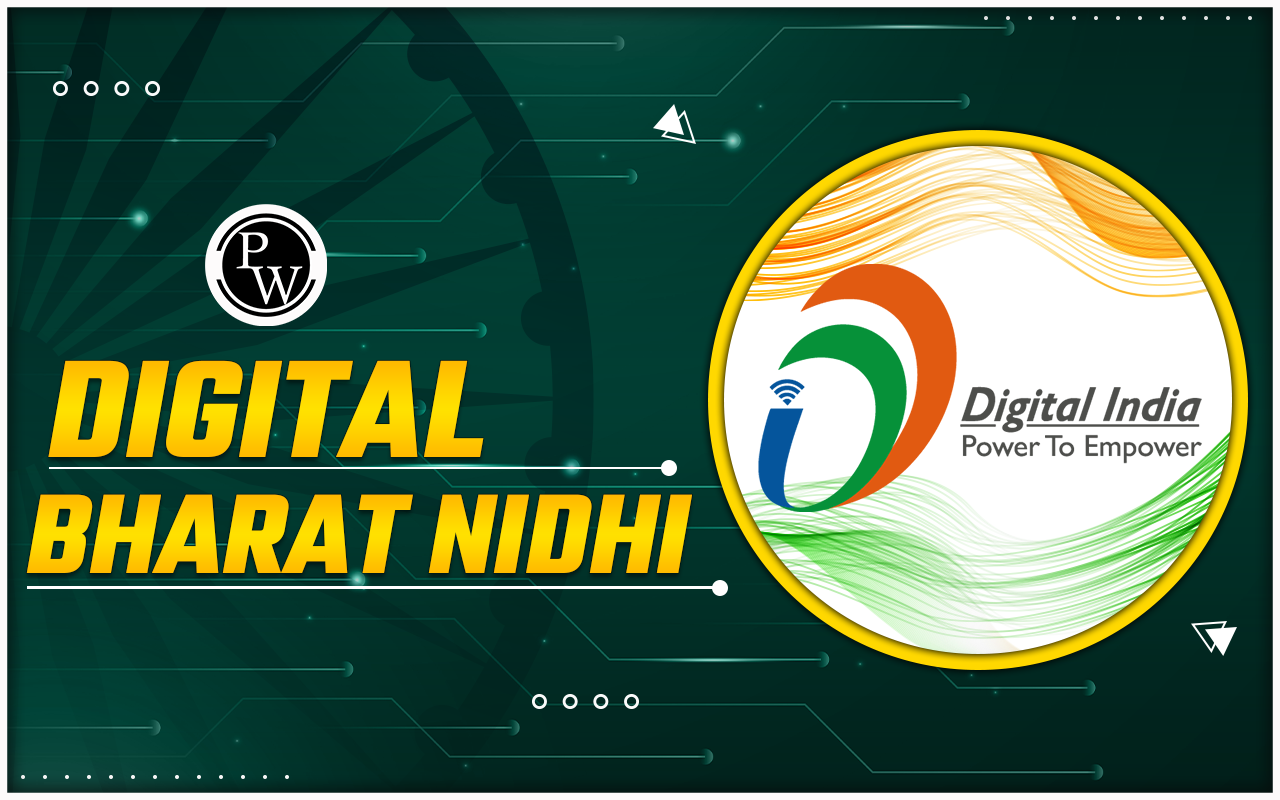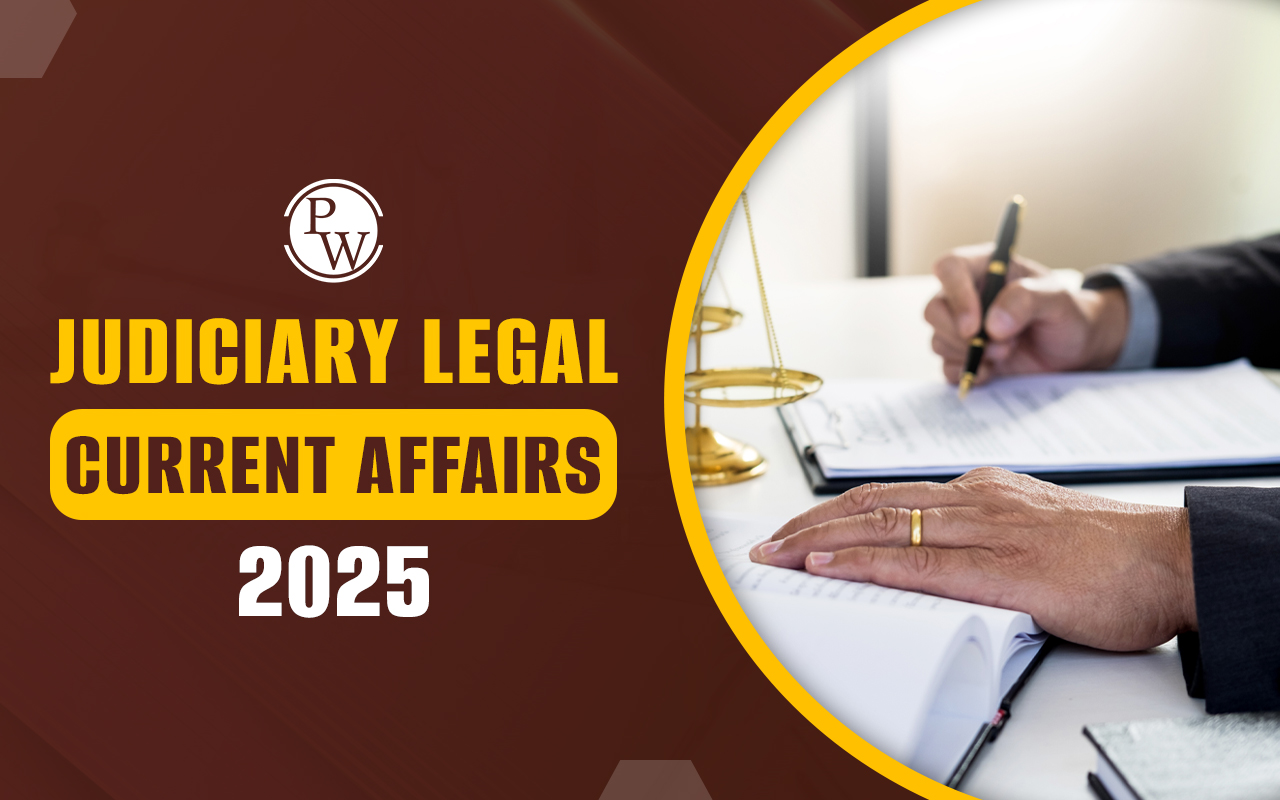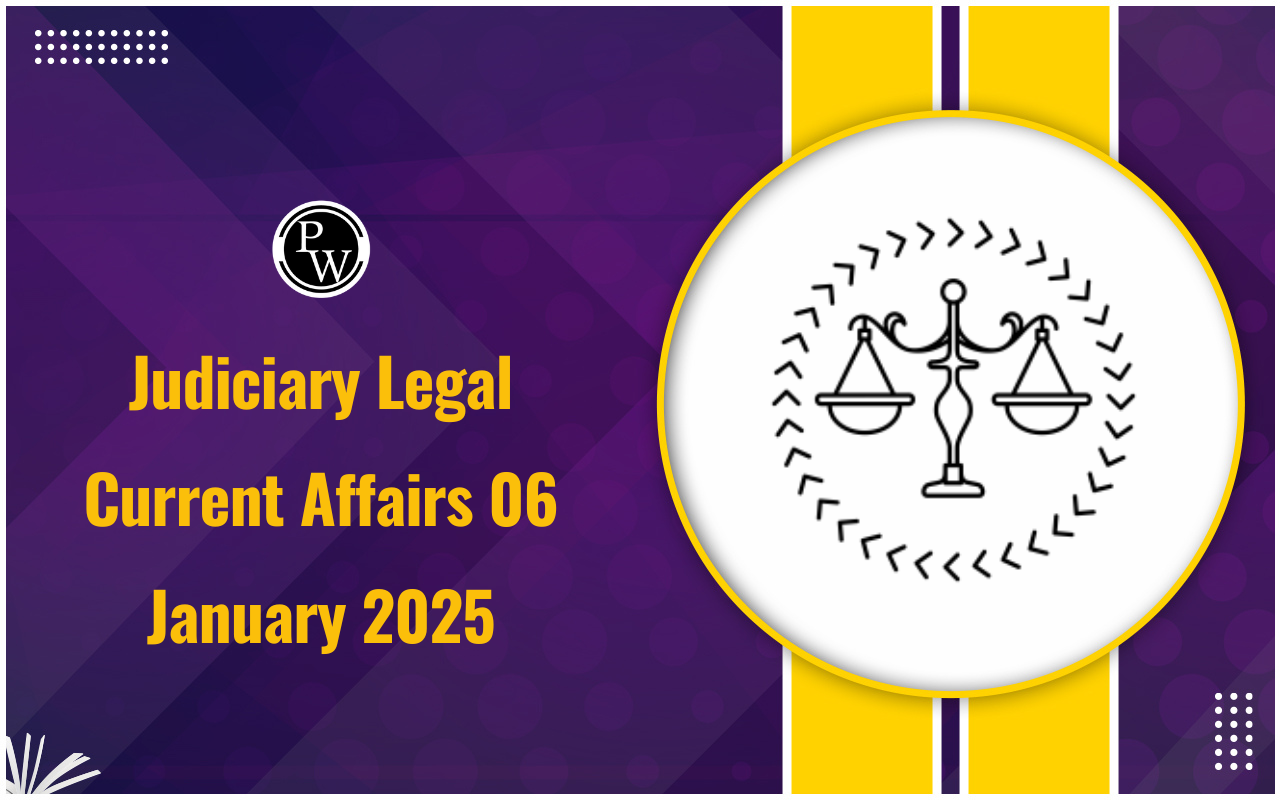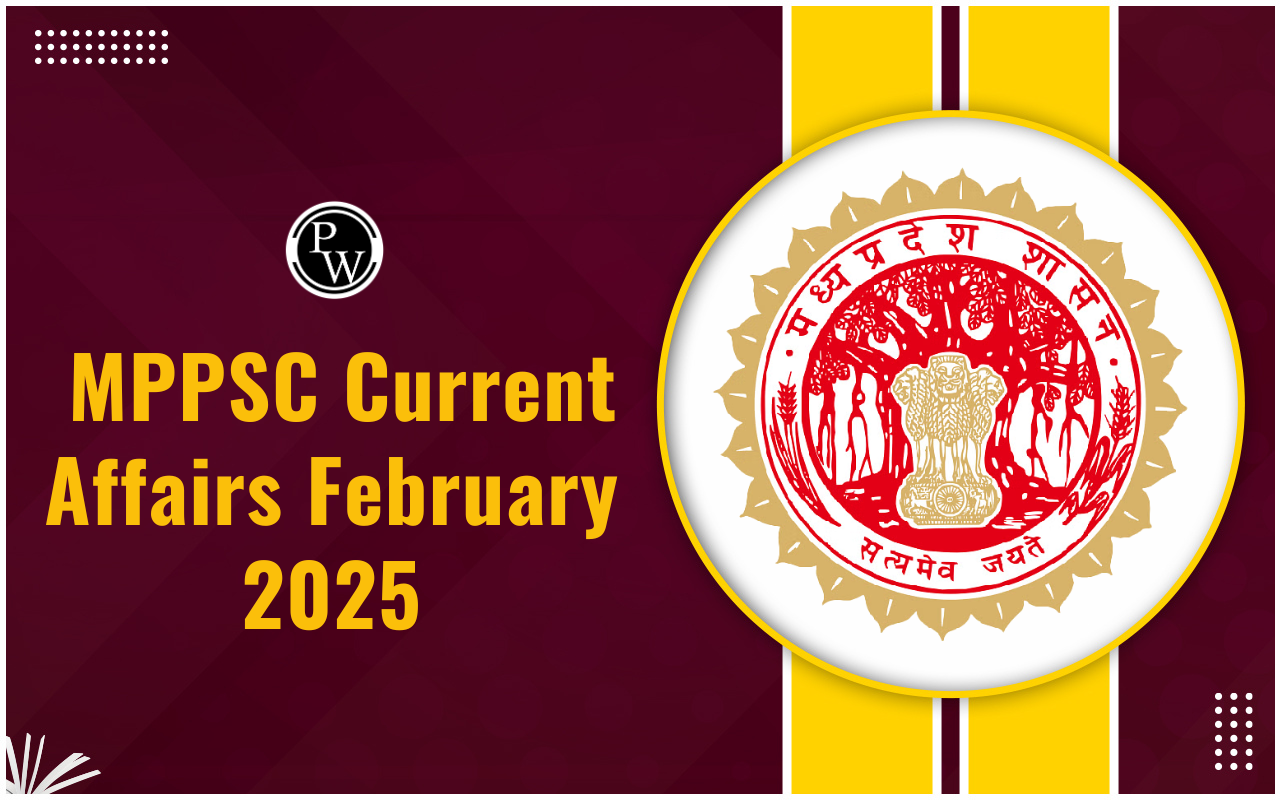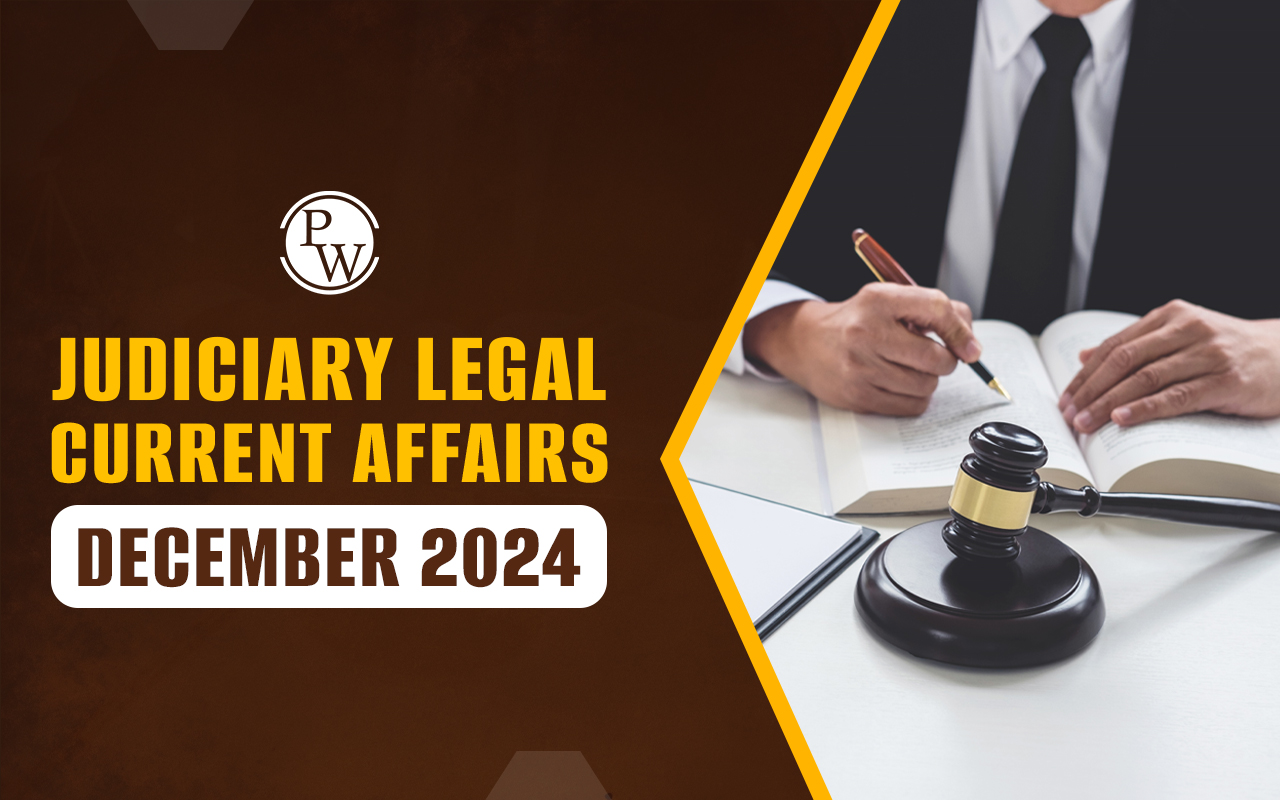
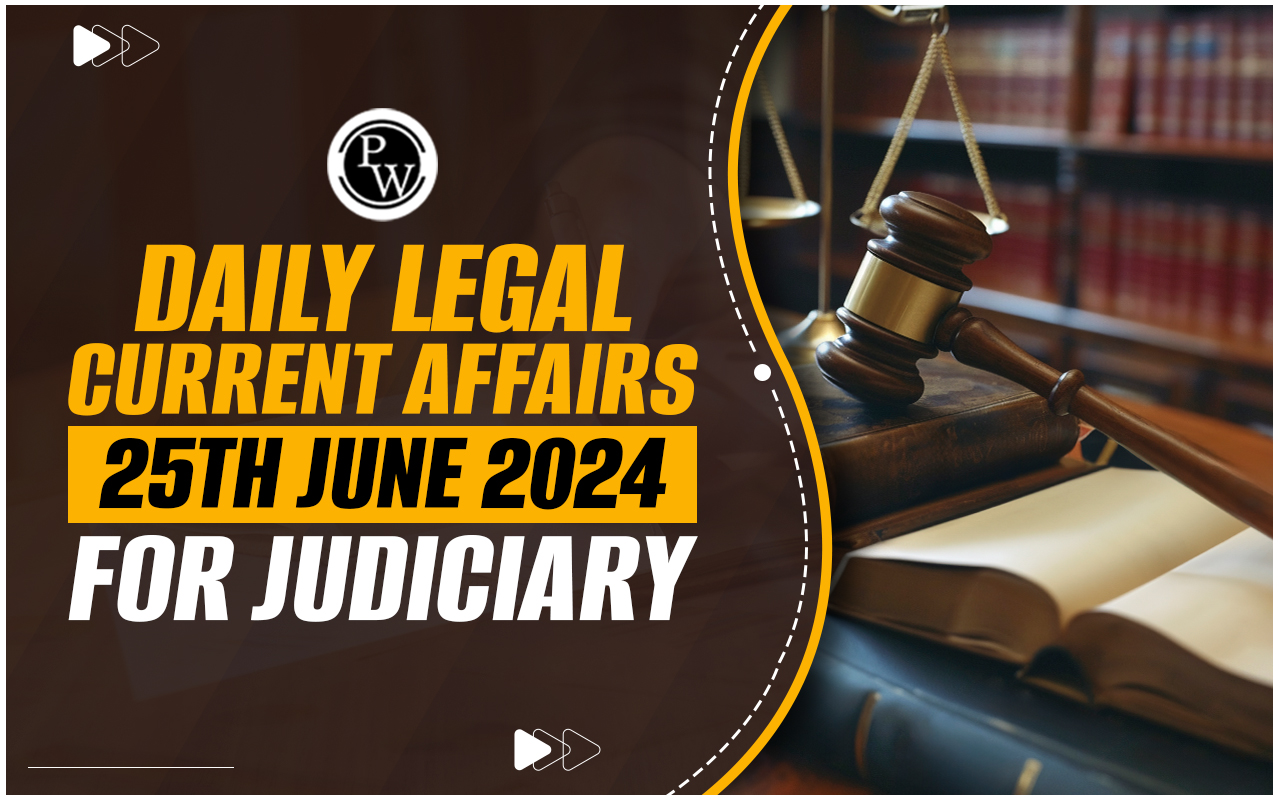
Sri Sai Krishna Constructions v. Harvins Constructions P limited
-
- BENCH: Chief Justice Alok Aradhe
- FORUM: Telangana High Court
- FACTS OF THE CASE
-
-
- Sri Sai Krishna Constructions (“Applicant”), a Partnership Firm registered under the Partnership Act, of 1932.
- It was subcontracted for 9 out of 10 works by Harvins Constructions Limited (“Respondent”).
- No formal subcontract was signed but correspondence and business interactions infer such an arrangement.
- Disputes arose subsequently which prompted the Applicant to send a legal notice to the Respondent demanding significant sums.
- The Respondent denied liability.
- On unsuccessful attempts at conciliation, the Applicant sought arbitration through a notice, which the Respondent resisted.
- The Applicant approached the Telangana High Court and filed an application under Section 11(6) of the Arbitration and Conciliation Act, 1996 for the appointment of an arbitrator.
- The Applicant argued that the arbitration clause in the agreements between the parties binds both parties and any dispute regarding its validity should be arbitrated under Section 16 of the Arbitration Act .
- The Respondent contended that under Section 11(6) of the Arbitration Act , the court must first establish the existence of an arbitration clause.
- The agreements presented by the Applicant, including those in question, lacked signatures on their initial pages and were written on the same stamp paper as the agreement. Therefore, it argued that there was insufficient prima facie evidence to confirm the arbitration clause's existence.
-
- OBSERVATION OF THE COURT
-
- Section 7 of the Arbitration Act , defines an arbitration agreement as encompassing disputes arising from a defined legal relationship, whether contractual or not.
- Vidya Drolia v. Durga Trading Corporation: Supreme Court held that for an arbitration agreement to be valid, it must meet the requirements set out in Section 10 of the Contract Act , which mandates that contracts be made by the free consent of competent parties, for lawful consideration and with a lawful object. The Supreme Court emphasized that these principles are integral to determining the enforceability of arbitration agreements. It further expounded on the conditions necessary for an agreement to qualify as a valid arbitration clause and held that such agreements must adhere to the principles of contract law laid down in the Contract Act.
- On examination of three arbitration agreements. The High Court noted that while one agreement was properly executed with signatures on all pages and a valid stamp paper, the remaining two agreements lacked such formalities. Notably, these agreements lacked signatures on the first three pages and were executed on the same stamp paper which suggested procedural irregularities.
- The High Court held that the Applicant failed to establish prima facie evidence of the existence of valid arbitration agreements for the disputed matters.
Pcm Cement Concrete Pvt. Ltd. v. The Union Of India and Anr
-
- BENCH: Justice Michael Zothankhuma
- FORUM: Gauhati High Court
- FACTS OF THE CASE
-
-
- Contract agreement was entered into between PCM Cement Concrete and Northeast Frontier Railway to construct and operate a 25,000 MT Capacity godown with private Siding under the FCI's Private Entrepreneurship Godown Scheme.
- Disputes arose between the parties which prompted the Petitioner to seek arbitration as per Clause 64 of the contract agreement, which mandated the resolution of disputes through an Arbitral Tribunal appointed by the General Manager, Northeast Frontier Railway.
- The Petitioner approached the High Court and filed a petition under Section 11(6) of the Arbitration and Conciliation Act, 1996 (“Arbitration Act”) for the appointment of the arbitrator.
- The Petitioner argued that despite the contract specifying the General Manager, N.F. Railway as the appointing authority for a 3-member Arbitral Tribunal, the appointment should be made by the High Court due to the General Manager's inherent interest in the dispute.
- The Railways contended that the contract's arbitration clause specifically outlined the composition of the Arbitral Tribunal as retired or serving Railway Officers.
- It argued that the Petitioner did not suggest any names from a panel of potential arbitrators provided by the railways which led the Railways to appoint Arbitrators as per the contract terms.
- OBSERVATION OF THE COURT
-
- Perkins Eastmen Architects DPC v. HSCC (India) Ltd. and TRF Ltd. v. Energo Engg. Projects Ltd.: The High Court referred to two cases of the Supreme Court of India and observed that individuals falling under the categories listed in the Seventh Schedule of the Arbitration Act are ineligible to act as Arbitrators. Further, it held that such ineligible persons cannot nominate others to serve as Arbitrators, as per Section 12 of the Arbitration Act.
-
- The High Court acknowledged a conflicting decision in C entral Organization for Railway Electrification v. Ms. ECI-SPIC-SMO-MCML (JV) , where the Supreme Court allowed the appointment of Arbitrators from a panel of Railway Officers as per contractual terms. However, given the conflicting interpretations and the pending resolution before a larger bench of the Supreme Court, the High Court leaned on the principle outlined in Union Territory of Ladakh v. Jammu and Kashmir National Conference , and emphasized the precedence of earlier judgments when faced with conflicting decisions of equal strength.
- The High Court held that the Railways acted incorrectly in appointing serving or retired Railway Officers as Arbitrators without the Petitioner's consent to waive Section 12(5) . Therefore, the Arbitral Tribunal constituted by the Railways was set aside.
- In lieu of the invalidated Tribunal, the High Court exercised its authority under Section 11(6) of the Arbitration Act to appoint an independent Arbitrator.
- It appointed Justice C. R. Sarma, a retired Judge of the High Court, to preside over the arbitration proceedings between the parties.
Also Check: Daily Legal Current Affairs 19 June 2024
Suhail Ahmad Lone v. UT of J&K
-
- BENCH: Justice Rahul Bharti
- FORUM: Jammu and Kashmir and Ladakh High Court
- FACTS OF THE CASE
-
-
- A writ petition was filed challenging a preventive detention order issued by the District Magistrate of Baramulla.
- The petitioner, Suhail Ahmad Lone, was first detained on 9 November 2021 under an order citing threats to the maintenance of public order.
- This order was based on allegations linked to three FIRs registered by the Police Station Sopore. The one year detention ended following a High Court order for his release.
- 13 days later, a second detention order was issued, this time on grounds of threats to the security of the state.
- This repeated detention, despite no change in circumstances, led Lone to challenge the new order in court, citing it as a frivolous exercise of discretion by the District Magistrate.
-
- OBSERVATION OF THE COURT
-
- The High Court quashed a preventive detention order under J&K Public Safety Act 1978.
- The Jammu and Kashmir and Ladakh High Court has sounded a note of caution for detaining authorities who assume that their powers under the act are unchecked.
- The Court stated that subjective satisfaction of the authorities for issuing detention orders cannot be construed as a matter of wordplay while assuming that they have an omnipotent power and authority to subject any person to suffer preventive detention at any given point of time.
- Constitutional courts are the guardian of the guarantees of fundamental rights to the citizens of the country and in the event of violation of a fundamental right in particular that of right to life and personal liberty a constitutional court is meant not only to be extra sensitive but proactive in immediately curbing the situation which is generating the violation of said fundamental right to life and personal liberty.
- The grounds for both detention orders were nearly identical, with the second order merely adding a few paragraphs without substantial new facts.
- The Court questioned how the same set of circumstances could initially be deemed prejudicial to public order and later to state security without any intervening developments.
- There is absolutely nothing in the name of the facts as to what happened in the intervening 13 days of purported liberty of the petitioner upon his purported release upon the passing of the order dated 14.11.2022 by this Court in WP(Crl) No. 86/2022 and 28.11.2022 when the impugned preventive detention order came to be passed against the petitioner by the respondent No. 2 – District Magistrate, Baramulla.
- Authorities were directed to immediately release Lone provided he was not required in any other case.
XXXX v. XXXX
-
- BENCH: Justice Harpreet Kaur Jeewan
- FORUM: Punjab & Haryana High Court
- FACTS OF THE CASE
-
-
- The plea for suspension of sentence was filed by a woman against the conviction order passed in January.
- The petitioner was convicted by the trial Court and was sentenced to undergo rigorous imprisonment for a period of 7 years under Section 304-B read with Section 34 IPC and rigorous imprisonment for a period of 2 years with fine.
-
- OBSERVATION OF THE COURT
-
- The Punjab & Haryana High Court granted bail and suspended the sentence awarded to a woman for committing dowry death of her sister in law.
- The Court noted that the woman is the mother of two teenagers, who would require her care.
- The Court held that keeping in view the fact that the children aged 16 years and 18 years require personal care and attention of their mother and the applicant-appellant has already undergone sentence of 01 year 06 months and 15 days, the present application is allowed.
- The Court directed that, the remaining period of sentence of the applicant-appellant was suspended subject to furnishing her bail bonds/surety bonds to the satisfaction of the Chief Judicial Magistrate/Duty Magistrate concerned.
Also Check: Daily Legal Current Affairs 21 June 2024
Government of NCT of Delhi & Anr. v. M/s BSK Realtors LLP & Anr
-
- BENCH: Justices Surya Kant, Dipankar Datta and Ujjal Bhuyan
- FORUM: Supreme Court of India
- FACTS OF THE CASE
-
-
- The case pertained to land acquisition process initiated by Delhi government under the Land Acquisition Act, 1894 for planned development of Delhi.
- Between 1957-2006, various notifications were issued for acquiring lands and awards passed fixing compensation.
- In some cases, compensation amounts were deposited in treasury, as landowners did not come forward.
- In some others, possession could not be taken by the government entities, as landowners challenged the proceedings and obtained stay.
- Subsequently, the 1894 Act was replaced by the 2013 Act, which brought various reforms.
- Section 24 of the new Act provided that land acquisition proceedings initiated under the earlier regime would be deemed to have lapsed in certain cases, including when compensation had not been paid or possession had not been taken.
- The Supreme Court interpreted Section 24 in many cases such as Pune Municipal Corporation v. Harak Chand Mistrimal Solanki . Based on Pune Municipal Corporation (and other similar decisions), the Delhi High Court allowed writ petitions of certain affected landowners, including respondent-M/s BSK Realtors, and declared as lapsed land acquisition proceedings pertaining to them.
-
- OBSERVATION OF THE COURT
-
- The Supreme Court ruled in favor of the Delhi government and its entities in a batch of land acquisition cases.
- The Court observed that the doctrine of merger is not of universal application and powers under Article 142 of the Constitution shall be deemed as an exception thereto as well as to the rule of stare decisis.
- The doctrine of merger is not of universal or unlimited application and that the nature of jurisdiction exercised by the superior forum and the content or subject matter of challenge laid or which could have been laid shall have to be kept in view.
- The exception carved out in Kunhayammed Case (supra), will only be permissible in the rarest of rare cases and such a deviation can be invoked sparingly only.
- Among such exceptions, the extraordinary constitutional powers vested in this Court under Article 142 of the Constitution of India , which is to be exercised with a view to do complete justice between the parties, remains unaffected and being an unfettered power, shall always be deemed to be preserved as an exception to the doctrine of merger and the rule of stare decisis.
Daily Legal Current Affairs Practice Questions 25 June 2024 For Judiciary Exams
Q1) ‘All agreements are contracts if they are made by the free consent of parties competent to contract, for a lawful consideration and with a lawful object, and are not hereby expressly declared to be void ‘ has been provided under _________ of the Indian Contract Act.
- Section 10
- Section 11
- Section 12
- Section 13
Q2) Whoever commits dowry death shall be punished with imprisonment for a term which shall not be less than _________________
- three years but which may extend to imprisonment for life
- seven years but which may extend to imprisonment for life.
- ten years but which may extend to imprisonment for life.
- twenty years but which may extend to imprisonment for life.
Q3) Which of the following articles deals with Preventive detention under the Indian Constitution?
- Article 21
- Article 22
- Article 32
- Article 226
Q4) Appointment of arbitrators has been provided under _________ of the Arbitration & Conciliation Act.
- Section 10
- Section 11
- Section 12
- Section 13
Q5) Arbitration agreement has been provided under _________ of the Arbitration & Conciliation Act.
- Section 6
- Section 7
- Section 8
- Section 9
Judiciary Exam Current Affairs FAQs
How many months of current affairs is required for a Judiciary Exam?
Where can I study current affairs for the Judiciary?
How can I prepare for Judiciary current affairs?

